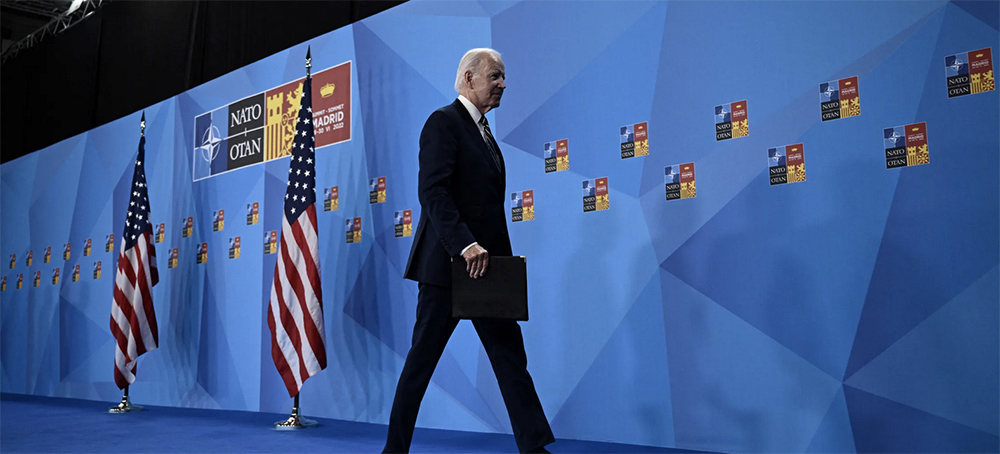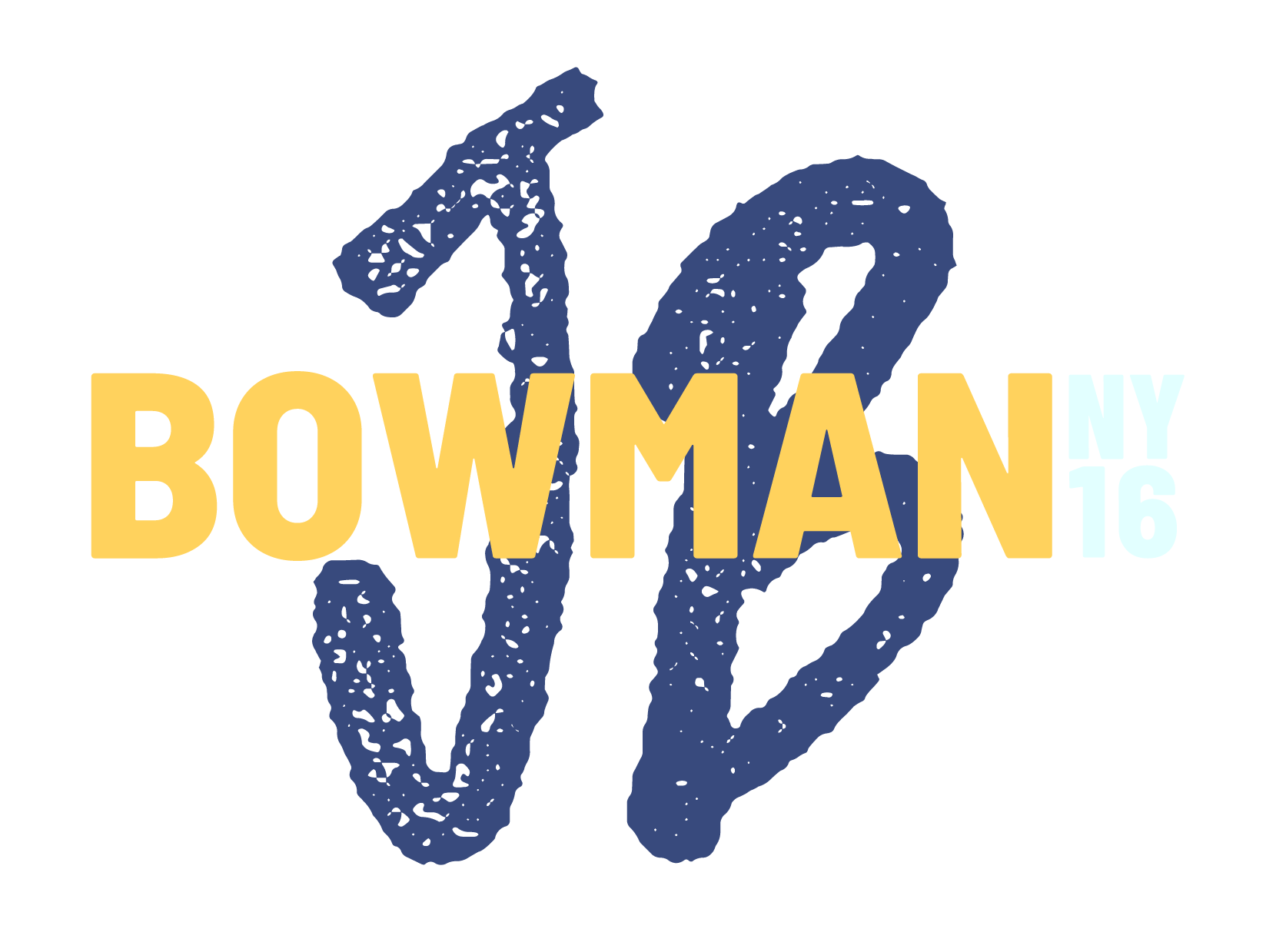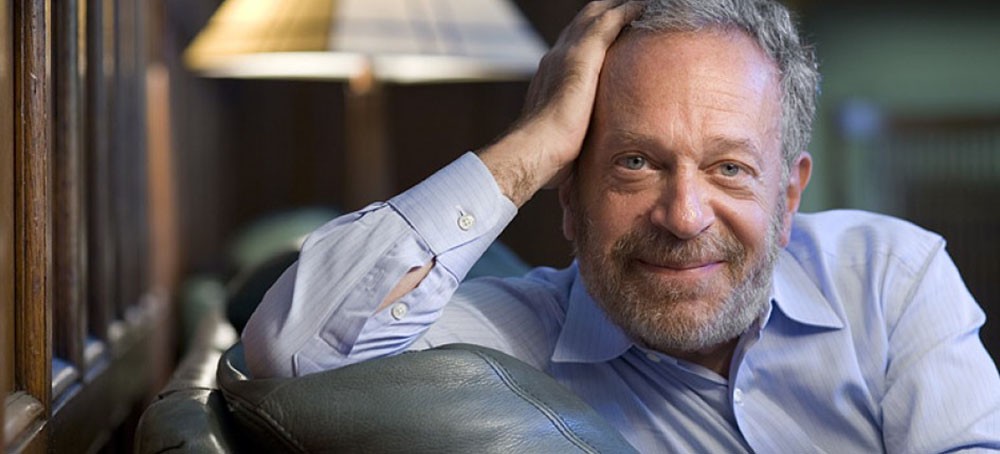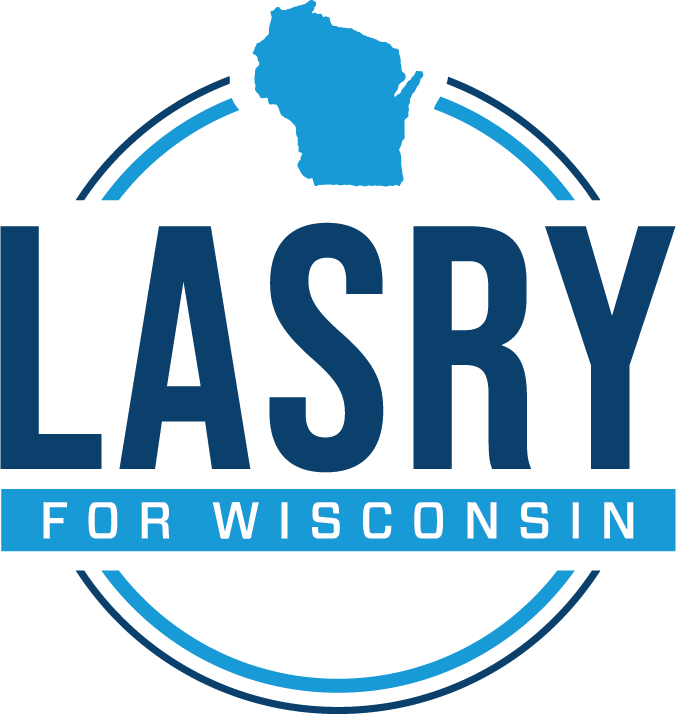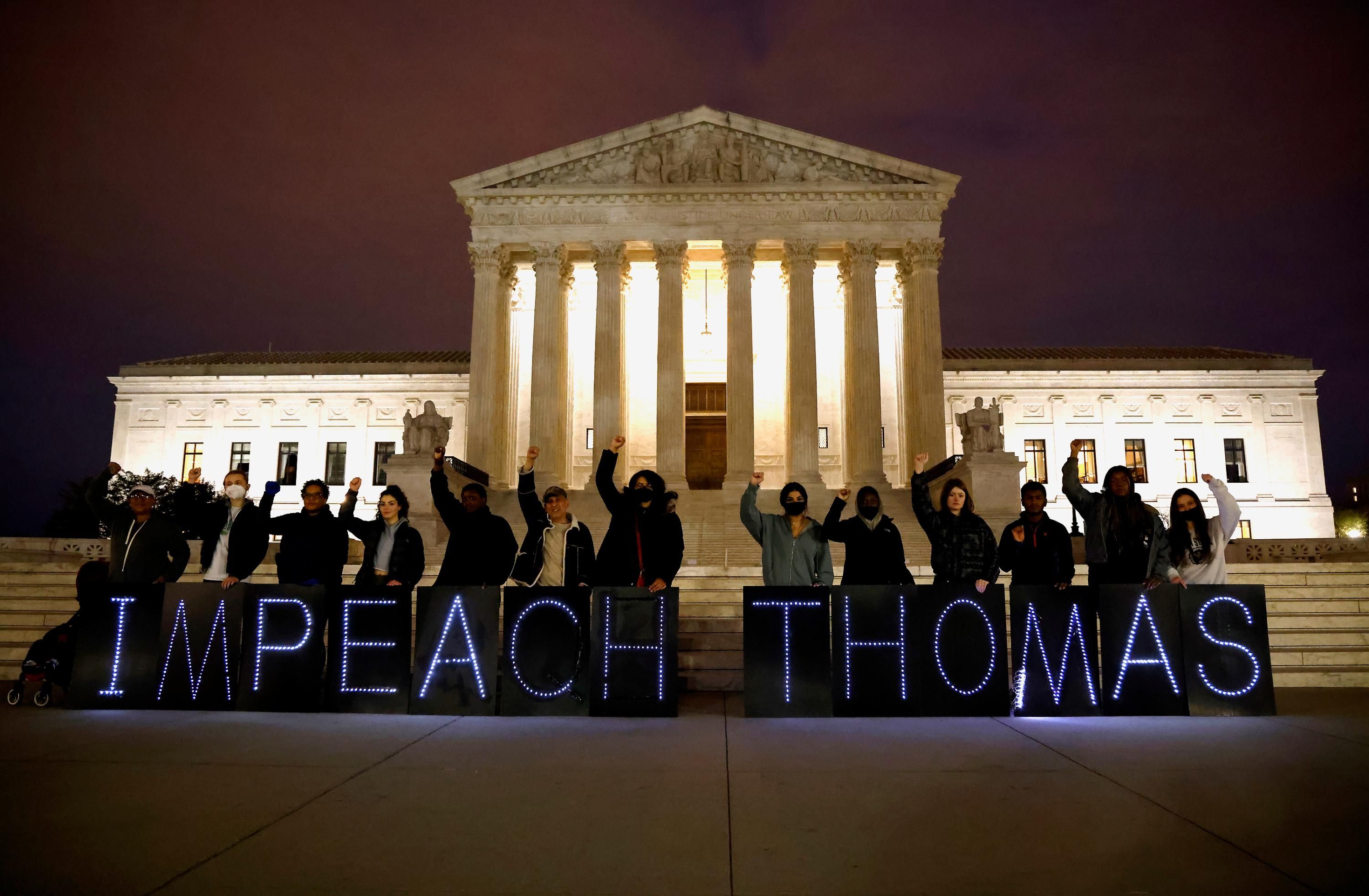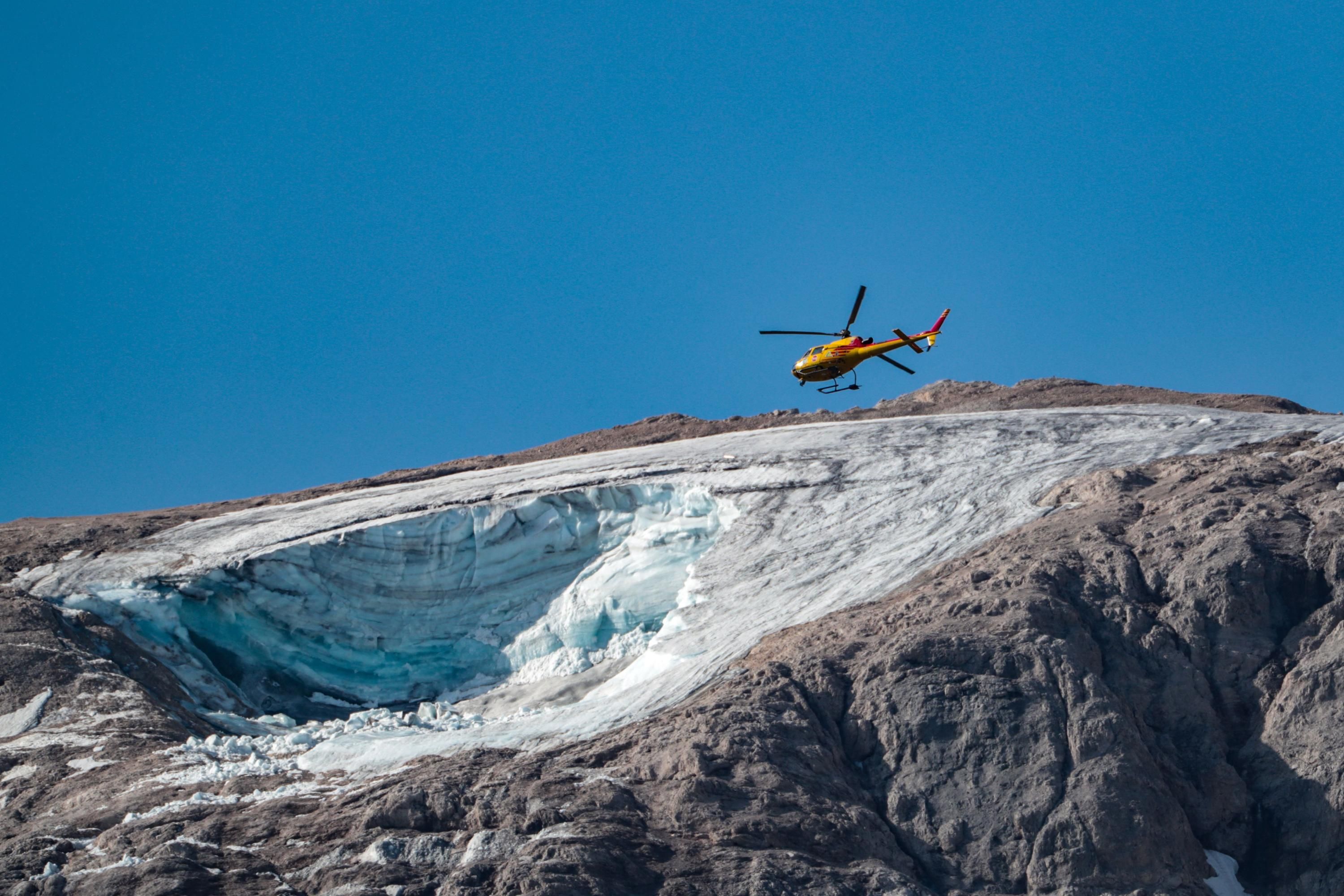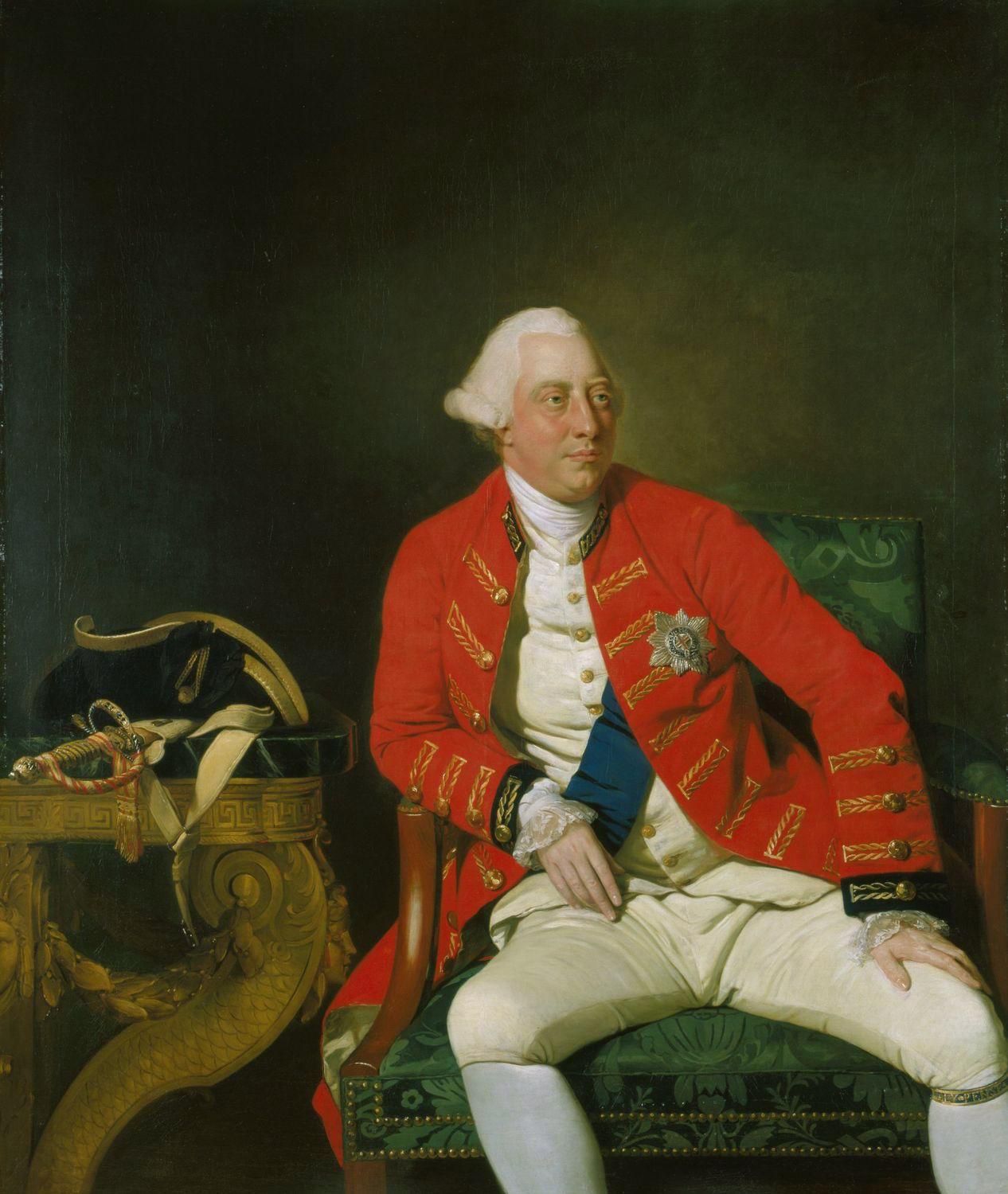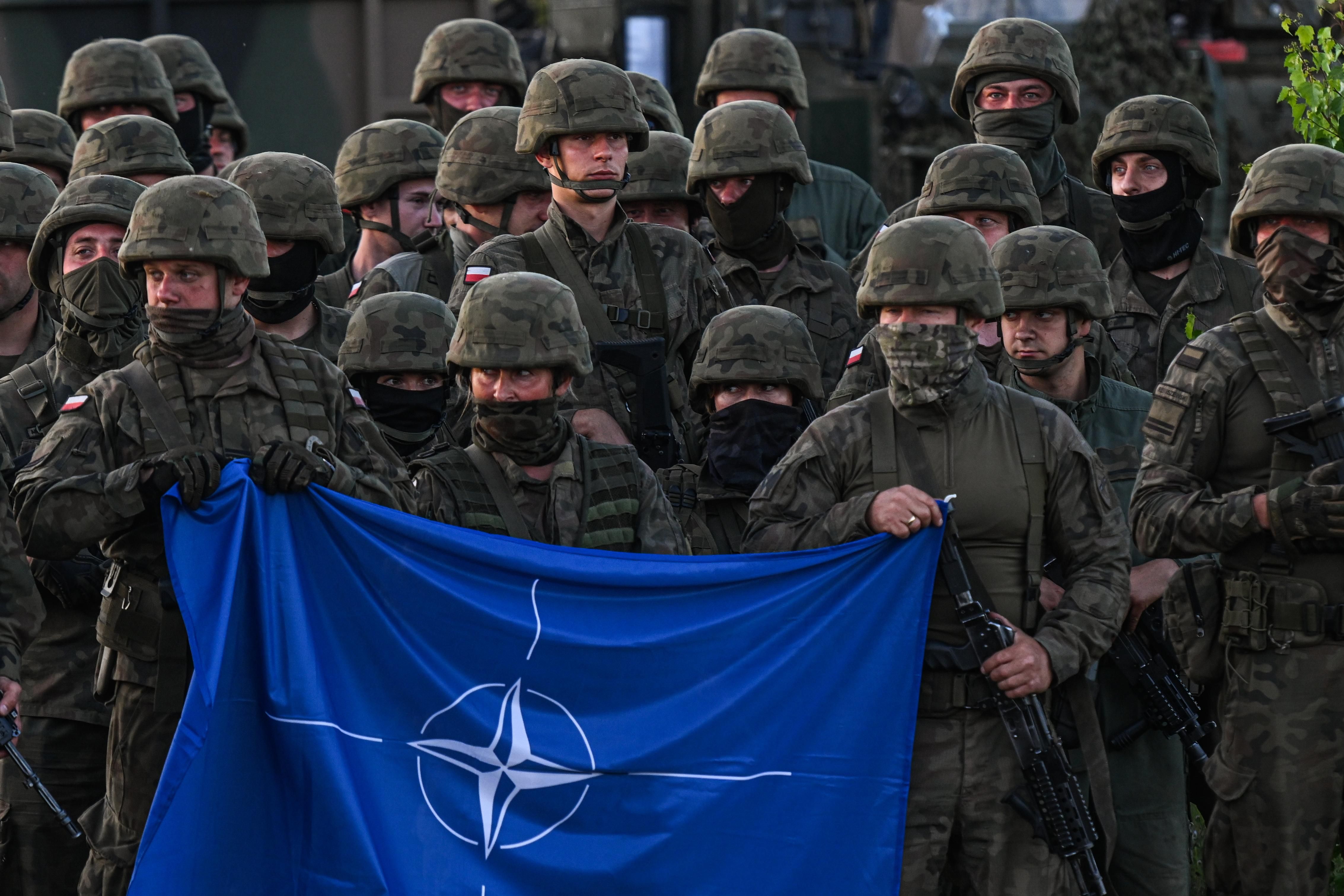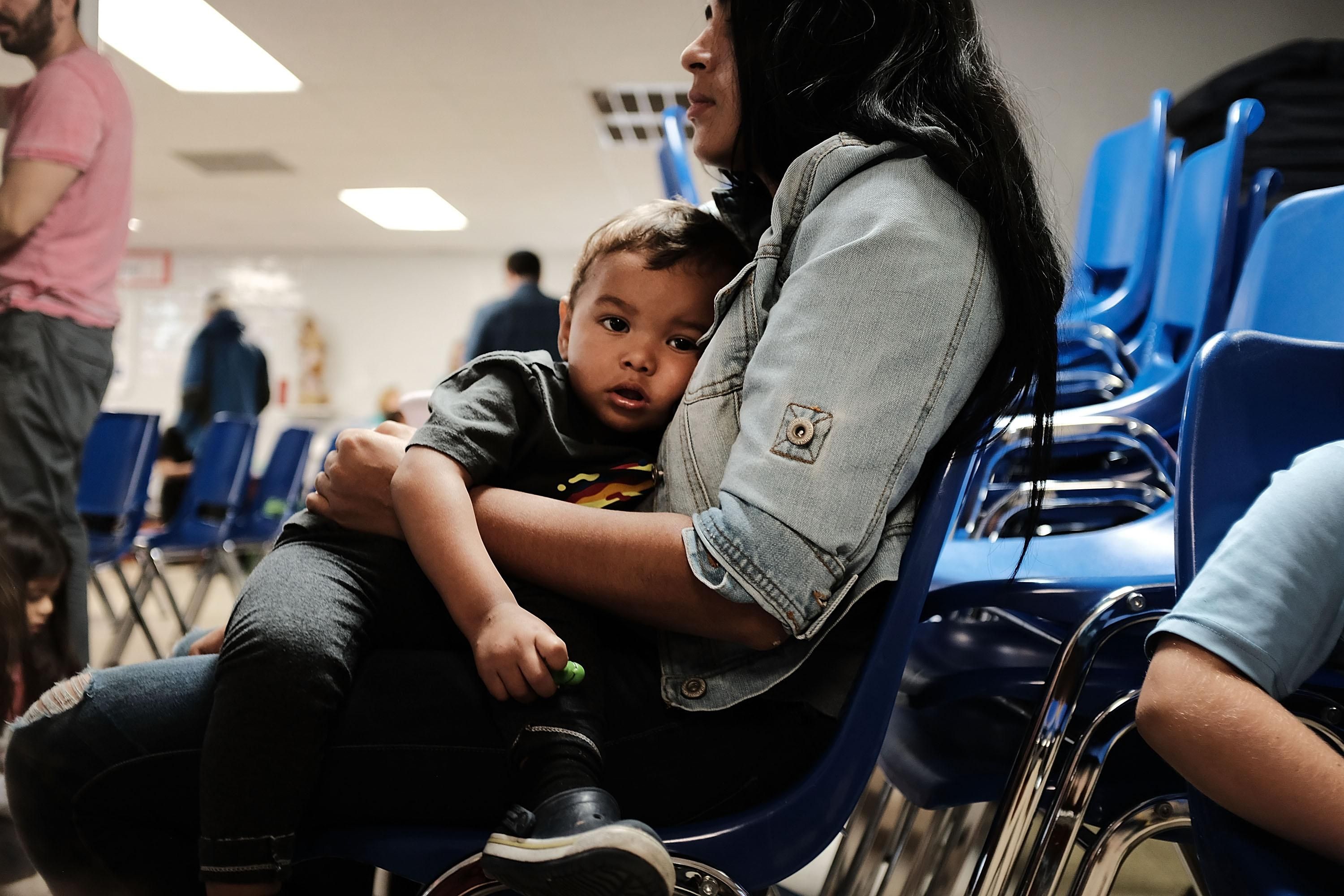“Protecting Our Access to Real Truthful Journalism”
I just watched an Al Jazeera report regarding the unprecedented threat to investigative and truthful journalism all over the world. Journalists who dare to report the truth, challenge the stays quo are under threat.
Given the incredible array of offerings that RSN provides each and every day, all of us need to jump in and support this treasure that arrives in our respective inboxes.
Even though I live on a fairly small Social Security stipend, I have managed to do a monthly $15.00 plus extras when I can. All of us need to dig around in our pockets and create a monthly contribution according to our means.
If you can afford to switch on a light to light your room, you have to contribute so that RSN can continue to expose those dark places that need to see the light of day.
Naomi,
RSN Reader-Supporter
If you would prefer to send a check:
Reader Supported News
PO Box 2043 / Citrus Heights, CA 95611
Follow us on facebook and twitter!
Live on the homepage now!
Reader Supported News
In Madrid this week, NATO laid out a bold plan for military expansion in response to Putin’s war. But can its member states overcome political divisions at home?
Well, that’s over. At a summit this week in Madrid, the world’s mightiest military alliance grew both mightier and bolder in confronting Russia. NATO vowed to ramp up troop presence and war matériel to secure Europe against future Russian aggression and to aid Ukraine’s campaign, for “as long as it takes,” to win back the territory seized by Putin. The NATO Secretary-General Jens Stoltenberg described the new strategy as the “biggest overhaul of our collective defense deterrence since the end of the Cold War.” It includes a greater U.S. presence in Eastern nations close to Russia, such as Estonia and Romania, and a permanent U.S. deployment in Poland, on NATO’s eastern flank. The U.S. now has more than a hundred thousand military personnel across Europe. “We’re stepping up,” President Joe Biden said.
The new strategy reflects a dramatic shift in the West—from talk of Europe’s economic and security interdependence with Russia, in the post-Cold War era, to open confrontation with Moscow, Ivo Daalder, a former U.S. Ambassador to NATO who now heads the Chicago Council on Global Affairs, told me. Stoltenberg called the summit “transformational.”
The NATO summit also marks a departure from the policies of Donald Trump, who said he “trusted” Putin, threatened to withdraw from NATO, and left his fellow-leaders shaken at every encounter. NATO’s reach is instead expanding. It had just twelve founding members in 1949. With the invitations extended this week to Sweden and Finland, it will soon include thirty-two countries, and its frontline with Russia will double. “Putin thought he could break the transatlantic alliance,” Biden said at a press conference on Thursday. “He wanted the Finlandization of NATO. He got the NATO-ization of Finland.” The new strategic concept for the first time cites the challenges posed by China and the need to build “resilience” against political meddling, disinformation, energy shortages, and food insecurity. In another first, it pledged to deepen ties with allies in the Indo-Pacific. The leaders of Japan and South Korea met with NATO members, including Biden, on the sidelines in Madrid.
The new strategy is muscular and sweeping in ways that could play out for years, even decades, Doug Lute, a former Ambassador to NATO and retired three-star general, told me. Putin’s war, and NATO’s response, represents a historic “inflection point,” like the fall of the Soviet Union or the 9/11 attacks, he said. The summit, however, did not address how NATO envisions ending the war or what it will do about membership for Ukraine. On Wednesday, the director of National Intelligence, Avril Haines, predicted that the war could grind on for an “extended” time. Putin intends to seize most of Ukraine, not just the eastern and southern regions he now controls, she said. In a speech to NATO leaders, the Ukrainian President, Volodymyr Zelensky, asked whether his nation had “not paid enough” to join NATO. More than ten thousand Ukrainians—up to two hundred a day—have been killed since Russia launched its invasion, in February. More than five million have fled the country; another seven million have been displaced inside it. More than a hundred billion dollars in civilian infrastructure has been destroyed, with the World Bank projecting that the Ukrainian economy will contract by up to forty-five per cent this year.
“Russia’s tactics are very simple. It destroys everything—houses, shopping malls, schools, hospitals,” Zelensky said. “Next year, the situation may be worse not only for Ukraine but also for several other countries, possibly NATO members, that may be under fire from Russia. Then it will be our common failure.” Under Article 10, NATO membership is open to any “European State in a position to further the principles of this Treaty and to contribute to the security of the North Atlantic area.” The military alliance, Zelensky pleaded, should “find a place for Ukraine in the common security space.”
For all their collective might, key NATO governments are individually weak, and facing electoral challenges. Biden’s political support has sunk in the run-up to midterm elections. “The domestic foundations of U.S. foreign policy are much more fragile than they once were,” Charles Kupchan noted in Foreign Affairs this week. A survey conducted by IPSOS and NPR near the first anniversary of the January 6th Capitol riot found that seven out of ten Americans—and a majority irrespective of party affiliation, age, gender, or region—believe the United States is at risk of failing altogether. In another poll this week, eighty-five per cent of American adults said the country was headed in the “wrong direction.”
In the United Kingdom, Boris Johnson’s numbers are tanking. Last month, he barely survived a mutinous no-confidence vote in which forty per cent of his own party voted against him. Scotland’s First Minister, Nicola Sturgeon, just announced plans for a referendum on its independence. The week before the NATO summit, France faced political paralysis after the centrist Ensemble coalition of President Emmanuel Macron lost majority control in legislative elections. Support for the far-right National Rally of Marine Le Pen, who likes Putin and wants to withdraw from NATO’s military command, surged more than tenfold—from eight to a record eight-nine seats. The upset, which created the first minority government in more than three decades, puts the nation at greater risk “in view of the challenges we have to face,” the Prime Minister, Élisabeth Borne, said.
Meanwhile, the German Chancellor, Olaf Scholz, who has only held power since December, faces an unprecedented energy crisis, as Russia cuts off the country’s supply of natural gas. (Russia has “weaponized energy” by cinching gas flows to twelve European nations, Frans Timmermans, the European Union climate chief, said last month.) Germany is divided politically, too, over how much weaponry to provide Ukraine.
In Italy, the Five Star Movement—the largest party in the national unity government of Prime Minister Mario Draghi—has split in two over Ukraine. Italy had a long history of warm relations with Russia, but Putin’s war triggered a political crisis in Rome. Draghi supports aid to Ukraine, sanctions on Russia, and increasing Italy’s defense budget, while the former Prime Minister Giuseppe Conte, a populist who leads the Five Star Movement and has previously befriended Putin, has opposed all three. Last month, Foreign Minister Luigi Di Maio, a co-founder of Five Star, walked away from it. He led more than sixty lawmakers to form a breakaway party to support Draghi’s policies, despite the escalating hits on Italy’s economy. And most NATO members face spiralling inflation, higher gas prices, and crises over food security and troubled supply lines.
One of the common challenges across NATO is the political drift from its core values, Lute said. NATO stipulates that its purpose is to “guarantee the freedom and security of its members through political and military means.” It’s a commitment to democracy. Seven decades later, member states such as Turkey and Hungary are under the thumb of increasingly autocratic leaders. The internal political divisions there and elsewhere open the way for Russian interference, Lute noted. “Russia doesn’t have to create the fissure. Russia only has to sort of try to enlarge and deepen the fissure.”
Any prospect of NATO fulfilling its new strategy has to begin with political unity at home. “It’s going to be an exceedingly tough challenge to actually do what NATO says it’s going to do, unless we can get past some of these divisions,” Lute said. Daalder countered that NATO’s widening agenda is sustainable because the alliance itself is not a political football in any member state. Even during the Trump years, the House and Senate passed bipartisan legislation to prevent a withdrawal from NATO. But it will take the better part of this decade, he acknowledged, to fulfill all the tangible pledges on defense budgets and troop commitments.
Away from the accelerating political drama back in Washington, the President had a good week overseas. But then he had to come home.
Follow us on facebook and twitter!
PO Box 2043 / Citrus Heights, CA 95611


